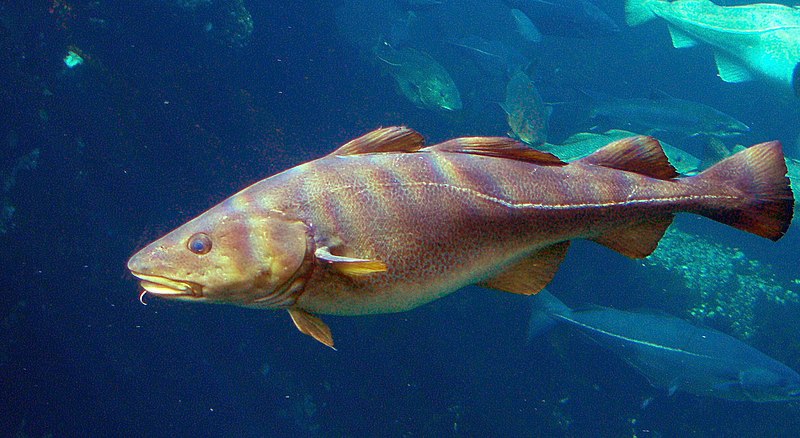As a biology professor I'm used to being asked all kinds of questions.
"I saw a yellow bird on a purple plant - what was it?"
[a goldfinch on a thistle plant]
"Here's a weird bug, will it hurt me?"
[most bugs won't, even the ones that sting or bite would rather run from you]
"My doctor told me I had the galloping dandruff, what is it and what should I do about it?"
[normally I'd say listen to your doctor but in this case I think you need to change doctors. I suspect Galloping Dandruff is a made up disease]
So when I was in Florida over break and The Husband asked me "why don't any of the restaurants have local catch of the day fish on their menus?" I was surprised to not know the answer as fact, but I have an educated guess.
Fisheries collapse.
As the human population grows we are using more and more of our natural resources, including fish. Add to that the increasing understanding that eating (certain) fish is good for us and improved transportation from coastal areas to restaurants and groceries stores inland and what you get in a lot of pressure on the wild fish populations.
Fisheries (industries based on harvesting a particular species of wild fish) are collapsing at an increasingly rapid pace. Most species of edible fish are in rapid decline. Our oceans are becoming less the source of bounty our ancestors knew and more wet deserts, with life scattered widely and less of that life in the form of tasty fish.
So what are we to do?
As always in the Real World - it's complicated.
Biologically speaking, in an ideal world we would quit harvesting wild fish from our oceans for several years to allow the populations to rebound, and then we would place strict limits on the number of fish that could be taken.

Cod, photo by Hans-Petter Fjeld (CC-BY-SA)
BUT that would put people who rely on fishing for income out of jobs.
Fishing is a hard, difficult job with low profit margins. You need specific skills to do that job; skills that are not easily transferred to other careers; skills that are honed over a lifetime on the sea. So what is a fisherman to do? More and more fishermen who learned the craft from their fathers are struggling to answer this question.
Then there's the Big Money issue. The love of money corrupts. While fishermen may not be making a lot of profit, there are lots of people who do make Big Money from fish and they will fight tooth and nail to limit government "interference" with their profits (even at the expense of future profits). These are not the people on the boats, these are the people who own chain restaurants, who manufacture and sell "fish oil supplements," and whoever owns the brand name fish frozen fish sticks.
Can fisheries be managed so that we can all eat fish and fishermen can make a living? Yes, but it will take compromise to make sure that our children can continue to eat fish or make a living on the sea. And it will take a lot of people leaving the fishing industry and a lot of people cutting back on their fish consumption.
In the meantime; if you're in the fishing industry start making plans to change careers. Fishing for a living may not be an option in another decade or two.

Image from USAID Bangladesh (public domain)
No comments:
Post a Comment